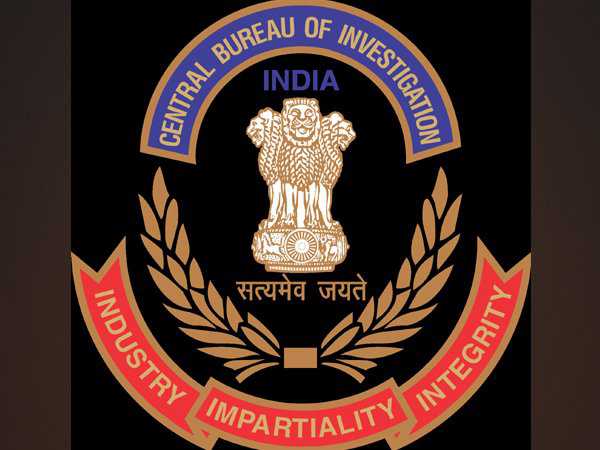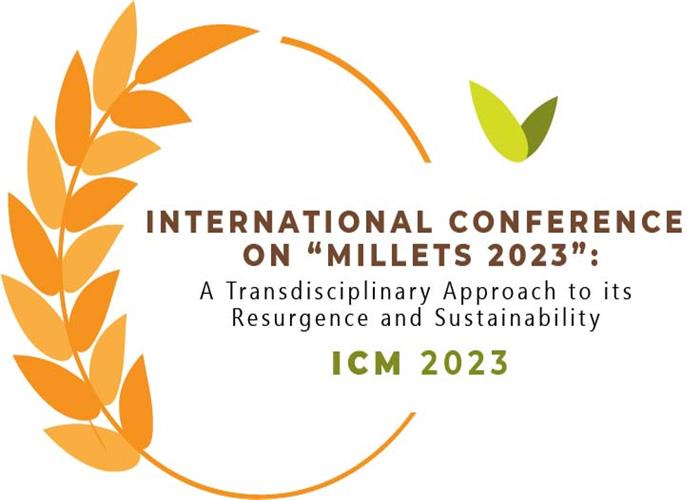Governance
Important aspects of governance, transparency and accountability, e-governance- applications, models, successes, limitations, and potential; citizens charters, transparency & accountability and institutional and other measures.
What is Governance?
Governance refers to.. "all processes of governing, whether undertaken by a government,.. market or network, whether over a family, tribe, formal or informal organization or territory and whether through laws, norms, power or language."
Through networks involving public-private partnerships (PPP) or with the collaboration of community organizations.
-
Through the use of market mechanisms whereby market principles of competition serve to allocate resources while operating under government regulation;
-
Through top-down methods that primarily involve governments and the state bureaucracy.
Origin of the word
The word governance derives, ultimately, from the Greek verb …kubernáo meaning …to steer,… the metaphorical sense first being..attested in Plato.
In the above-described sense, however, the term ..governance was coined as recently as the 1990s by economists and political scientists, and disseminated by institutions such as the …UN, IMF and World Bank.
Types of governance-
1-Private governance-
Private governance occurs when.. non-governmental entities, including private organizations, dispute resolution organizations (Arbritration), or other third party groups, make ..rules and/or standards which have a binding effect on the .."quality of life and opportunities of the larger public." Simply put, private—not public—entities are making public policy.
For example, insurance companies/Educational institutes exert a great societal impact,
2-Public Governance-
The term "public policy" should not be exclusively associated with policy that is made by government. Public policy may be created by either the private sector or the public sector
Public governance can be seen as fallows-
Through public-private partnerships (PPP) or with the collaboration of community organisations;
Through market mechanisms whereby market principles of competition serve to allocate resources while operating under government regulation;
Through top-down methods that primarily involve governments and the state bureaucracy.
3-Global governance-
Global governance isto manage cross-border issues - like diplomatic relations, trade, financial transactions, migration, and climate change. to managecross-border issues - like diplomatic relations, trade, financial transactions, migration, and climate change.
Example-
-WTO
-IMF
-UNCCC-The United Nations Framework Convention on Climate Change
The Global governance is "the complex of formal and informal institutions, mechanisms, relationships, and processes between and among states, markets, citizens and organizations, both inter- and non-governmental, through which collective interests on the global plane are articulated, right and obligations are established, and differences are mediated.
4-Non-profit governance-
Non-profit Governance is genrally associated with churches, public schools, public charities, public clinics and hospitals, political organizations, legal aid societies, volunteer services organizations, labor unions, professional associations, research institutes, museums .
Example-Red Cross, Missionary of Charities ,Gates Foundation
Non-profit governance focuses primarily on the fiduciary responsibility(Moral Duty)that a….board of trustees (sometimes called directors—the terms are interchangeable) has with respect to the exercise of authority over the explicit public trust that is understood to exist between the mission of an organization and those whom the organization serves.
5-Corporate governance-
Corporate governance consists of the set of processes, customs, policies, laws and institutions affecting the way people direct, administer or control a corporation.
Corporate governance also includes the relationships among the many players involved (the stakeholders) and the corporate goals.
The principal players include the..
-Shareholders, …
-Management, and the…
Other stakeholders include employees,suppliers, customers, banks and other lenders, regulators, the environment and the community at large.
-CSR by Corporate governance
6-Project governance–
A project is any undertaking /Special work carried out in a planned way planned to achieve a particular goal.
The term governance as used in industry (especially in the…. information technology (IT) sector) describes the processes that need to exist for a successful project.
Project governance needs to be tailored to an organization's specific needs.
Project governance is important because it helps projects succeed in line with a business's goals.
Example–
In Ministery of Enviorment and forest Theproject TIGER manager/Rhino/Elephantis responsible for conservation of tigers.
7-Regulatory governance-
What is regulatory governance ?
Regulatory governanceare a set of organizations set up by the government to
Regulatory governanceare a set of organizations set up by the government to
-Monitor,
-Guide, and
-Control various sectors such as banking (By RBI), insurance(By IRDA), education(UGC,AICTE)or healthcare (MCI).
Regulatory governance reflects the….Emergence of decentered and mutually adaptive policy regimes which rests on regulation rather than service provision or taxing and spending.
The term captures the tendency of policy regimes to deal with complexity with delegated system of rules.
It is likely to appear in arenas and nations which are more complex, more global, more contested and more liberally democratic.
Example-
Telecom Regulatory Authority of India (TRAI)-
National Green Tribunal (NGT),
The NABH (National Accreditation Board for Hospitals )-
National Medical Commission (NMC)- is the apex Indian regulatory body in medical arena.
National Health Authority (NHA)- is the apex body responsible for implementing India's flagship public health insurance/assurance scheme called “Ayushman
8-Participatory governance-
Participatory governance focuses on ….deepening democratic engagement through the participation of citizens in the processes of governance with the state.
The idea is that… citizens should play a more direct roles in public decision-making or at least engage more deeply with political issues.
Government officials should also be responsive to this kind of engagement. In practice, participatory governance can supplement the roles of citizens as voters or as watchdogs through more direct forms of involvement.
Example-
Panchyati Raj
Nagar palika
DPC-District Planning Committee
9-Metagovernance
"Metagovernance" is widely defined as the… "governing of governing".
It is a higher-level framework that establishes the rules and guidelines for how lower-level governance mechanisms should function.
It represents the established ethical principles, or…'norms', that shape and steer the entire governing process..
The fact that 'norms' can be established at any level and can then be used to shape the governance process as whole, means metagovernance is part of the both the input and the output of the governing system.
Examples –
-Publishing of Ethical code ofconduct at the highest level of international government.
-WTO-The rules related with Trade facilitation.
-UNO-
-The European Union's treaties and institutions, which define the meta-governance framework for EU member states.
Corporate bylaws and board of directors, which establish the meta-governance for a company.
The Constitution of a country, which serves as the meta-governance for the nation's political and legal systems.
Meta governance helps ensure consistency, accountability, and alignment across various governance domains within a complex organization or system.
10-Fair governance
When discussing governance in particular organisations, the quality of governance within the organisation is often compared to a standard of good governance.
In the case of a business or of a non-profit organization, for example, good governance relates to consistent management, cohesive policies, guidance, processes and decision-rights for a given area of responsibility, and proper oversight and accountability.
A fair governance implies that mechanisms function in a way that allows the executives (the "agents") to respect the…..rights and interests of the stakeholders (the "principals"), in a spirit of democracy.
-Respect HR
-Gender Equality
-------------------------------------------------------------



.jpg)
.jpg)
.jpg)
.jpg)
.jpg)
.jpg)

.jpg)

.jpg)
.jpg)
